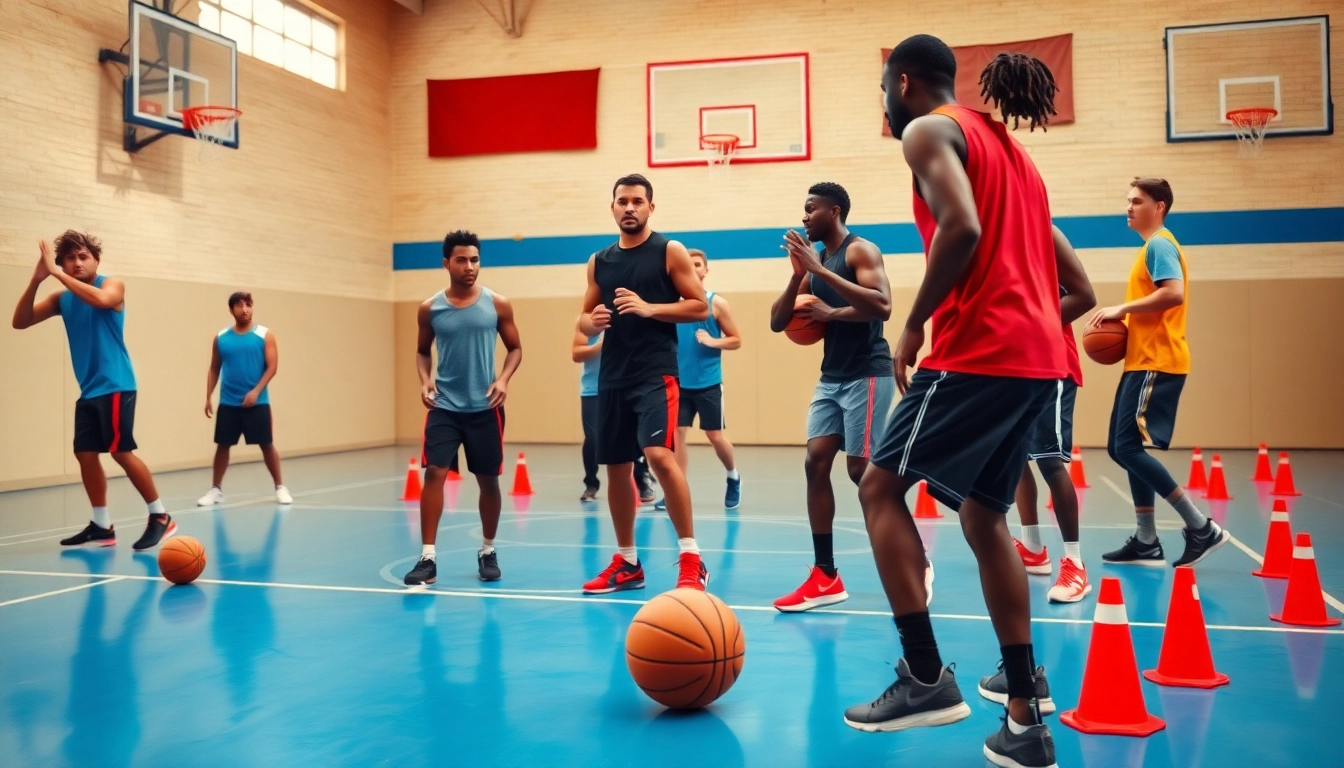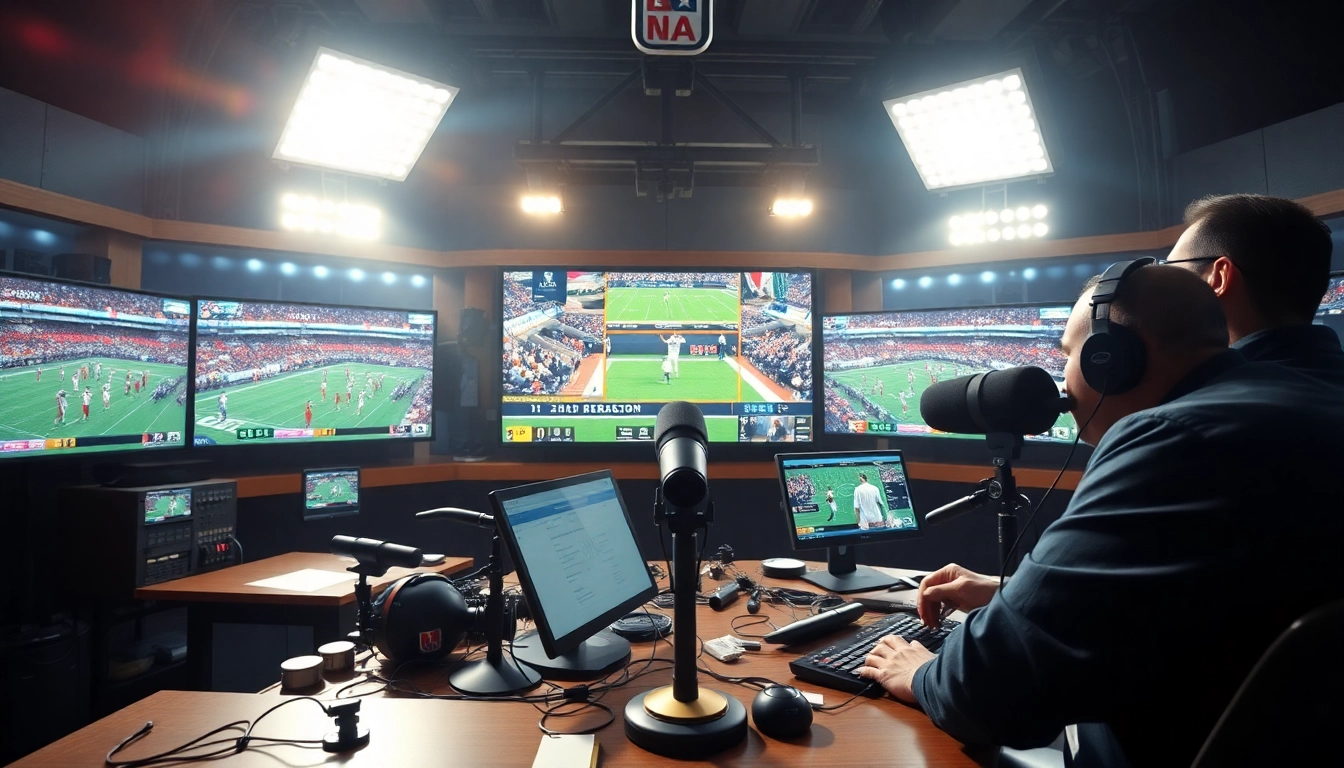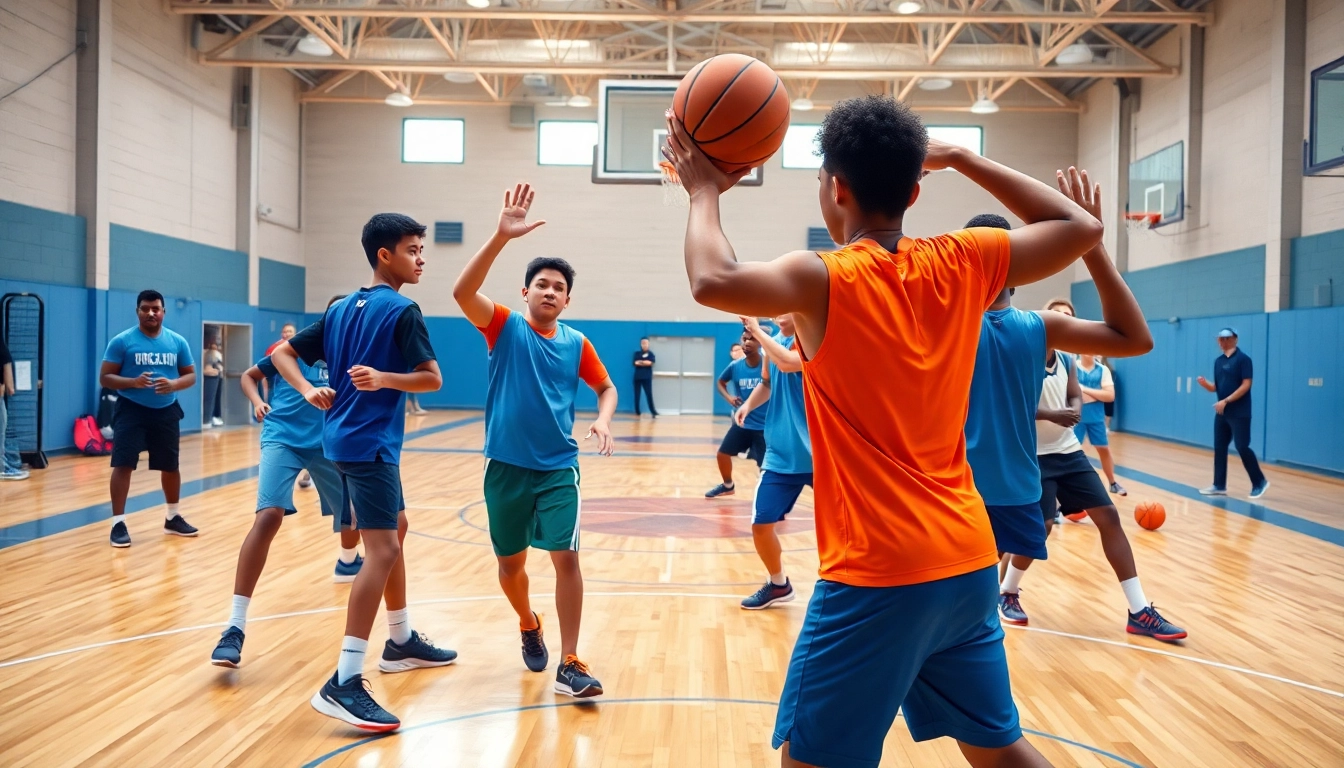Understanding the Best Basketball Training Programs
Basketball is more than just a game; it’s a complex sport that requires a combination of fundamental skills, athleticism, and strategy. For players of all levels—from youth to professional—finding the best basketball training programs is crucial in developing their game. With an array of options available, it’s essential to understand what constitutes an effective basketball training program and how these programs align with individual goals and skill levels.
What Makes a Basketball Training Program Effective?
An effective basketball training program is multifaceted, focusing not only on physical skills but also on mental preparation and strategic understanding of the game. Key components of a successful program include:
- Structured Curriculum: A clear and progressive training structure that enables athletes to track their development over time.
- Qualified Coaches: Trainers with experience, qualifications, and a proven track record of developing players at various skill levels.
- Personalization: Programs that adapt to each player’s specific needs, weaknesses, and goals, ensuring personalized attention and tailored coaching.
- Feedback Mechanisms: Regular assessments and constructive feedback to track progress and make necessary adjustments in training.
- Injury Prevention: Incorporating strength and conditioning to minimize injury risks and improve overall athleticism.
Skills Covered in Top Training Programs
The best training programs cover a wide range of skills, ensuring comprehensive development. Key skills include:
- Shooting: Ball handling, shooting techniques, and shot selection.
- Defense: On-ball and off-ball defensive strategies, footwork, and anticipation skills.
- Passing: Effective passing techniques, court vision, and decision-making under pressure.
- Basketball IQ: Understanding the game, analyzing plays, and strategic thinking.
- Athleticism: Agility, speed, strength training, and conditioning to enhance overall performance.
Choosing the Right Program for Your Level
Not all training programs are created equal, and choosing the right one is essential for development. Consider the following factors:
- Skill Level: Beginners might require basic skill development, while advanced players may need specialized training in certain areas.
- Age Group: Programs are often tailored to specific age groups, addressing the unique needs of youth, teens, and adults.
- Training Format: Decide between individual training, group sessions, or camps based on personal preferences and learning styles.
- Location: Proximity and accessibility of the training facility can influence your choice.
- Reviews and Recommendations: Research testimonials and success stories from fellow athletes who have been through the programs.
Comparing Leading Basketball Training Programs
As you evaluate the vast array of training programs available, it’s crucial to compare their offerings effectively. Each program has unique features and methodologies that cater to different player needs.
Key Features of the Best Basketball Training Programs
When analyzing different basketball training programs, look for the following features:
- Comprehensive Skill Breakdown: Quality programs should provide detailed lessons on all aspects of the game.
- Video Analysis: Utilizing technology to review player performance helps athletes identify areas for improvement.
- Flexible Scheduling: Options for training sessions that fit individual schedules, including evenings and weekends.
- Interactive Practices: Engaging drills that motivate players to work harder and learn more effectively.
- Mentorship Opportunities: Access to experienced players or coaches who can offer guidance and support.
Program Reviews: Insights from Players and Coaches
Player and coach testimonials provide valuable insights into the effectiveness of training programs. Look for feedback on:
- Skill Improvement: Specific skills that players saw significant enhancement in after completing the program.
- Coaching Style: Coaches’ ability to connect with players and provide constructive feedback.
- Environment: The overall atmosphere of the training sessions and how conducive it is to learning.
- Program Structure: How well the program designs its training schedules and the flexibility of adapting to players’ needs.
Cost vs. Value in Training Choices
Understanding the cost-to-value ratio of basketball training programs is essential. While budget is a significant factor, it’s essential to consider what you are getting for your investment:
- Type of Program: Group training sessions are often more affordable than one-on-one coaching.
- Duration of the Program: Short-term camps vs. long-term development programs can vary greatly in cost.
- Included Resources: Some programs may offer supplemental materials such as video tutorials, physical resources, or access to coaching clinics.
- Long-Term Benefits: Consider the potential growth in skills and opportunities that can arise from participating in high-quality training, justifying the higher cost.
Advanced Training Techniques to Enhance Performance
In today’s competitive basketball landscape, staying ahead requires not only skill but also the integration of advanced training techniques. These techniques help players maximize their performance and enhance their game comprehension.
Incorporating Technology in Basketball Training
The integration of technology has transformed basketball training methods. Here are some ways technology enhances training:
- Wearable Tech: Devices that monitor players’ physical exertion, track performance metrics, and provide feedback on health and fitness levels.
- Video Analysis Software: Reviewing game footage helps players understand their performance in real-time, offering opportunities for growth.
- Mobile Apps: Apps that provide basketball drills, workouts, and nutrition plans tailored to individual goals.
- Virtual Reality Training: Immersive experiences that simulate game situations to develop decision-making and situational awareness.
Strength and Conditioning in Top Programs
Fitness is an integral part of basketball performance. Training programs should incorporate strength and conditioning tailored to enhance basketball-specific skills:
- Weight Training: Programs focused on improving strength, particularly in the legs and core, which contribute to better shooting and rebounding.
- Agility Drills: Exercises that enhance quickness, footwork, and lateral movement essential for both offensive and defensive play.
- Endurance Training: Running drills that build the cardiovascular fitness necessary for high-paced play and late-game stamina.
- Flexibility and Recovery: Incorporating stretching routines and recovery protocols to reduce injury risks and enhance overall performance.
Skill-Specific Drills for Improvement
Focused drills can significantly boost specific skills. Here are effective drills targeted at various aspects of the game:
- Shooting Drills: Techniques like the “B.E.E.F” method help develop shooting form and accuracy.
- Ball Handling Drills: Exercises that enhance dribbling skills, such as cone drills and crossovers.
- Defensive Drills: Techniques to improve footwork, into lateral slides and closeout practices.
- Passing Drills: Drills focused on improving eye coordination, passing angles, and decision-making under pressure.
Success Stories from Basketball Training Programs
Real-life success stories can inspire motivation and demonstrate the effectiveness of basketball training programs. These narratives highlight how structured training can lead to remarkable transformations.
Player Testimonials from Top Programs
Hearing firsthand accounts from players who have improved their game through training can offer credible validation of course effectiveness. Testimonials often discuss:
- Skill Progression: Stories of inexperienced players evolving into proficient athletes after completing programs.
- Confidence Growth: How training has helped players build confidence, leading to better performance on the court.
- Opportunities: Accounts of players receiving scholarships or professional opportunities after training completion.
Impact of Training on Player Development
Training programs impact more than just player skills; they foster personal growth and development in several ways:
- Work Ethic: Commitment to improvement can enhance a player’s discipline and work ethic.
- Teamwork: Many programs emphasize cooperative drills that cultivate teamwork and communication skills.
- Mental Resilience: Programs teach how to overcome failures and stay focused on goals, crucial for success in sports and life.
From Amateur to Professional: Real-Life Journeys
Stories of players who transitioned from amateurs to professionals serve as powerful motivators. Notable examples include:
- NBA Success Stories: Players who dedicated their youth to training, ultimately being drafted into the NBA.
- Overseas Opportunities: Athletes who leveraged training programs to obtain professional contracts internationally.
- Collegiate Achievements: Players who secured scholarships to prestigious colleges due to their training and skills development.
Finding the Best Basketball Training Programs Near You
Finding suitable training programs in your local area can be overwhelming, especially with so many options available. However, by employing the right strategies, you can identify quality programs that align with your needs.
Using Online Resources to Identify Local Programs
The internet offers vast resources for locating basketball training programs. Utilize:
- Online Directories: Websites listing training facilities based on location, including schedules and available programs.
- Social Media: Platforms like Instagram, Facebook, and YouTube can provide insights into training methodologies and player experiences.
- Search Engines: Using specific queries like “basketball training near me” can yield local program results quickly.
Virtual vs. In-Person Training Options
The choice between virtual and in-person training has become prominent in recent times. Consider the pros and cons:
- Virtual Training: Flexibility to learn from anywhere and often lower costs, but may lack personalized attention and hands-on management.
- In-Person Training: Offers direct feedback, motivation from peers, and an immersive training environment, though it may require more time commitment.
How to Evaluate Local Coaches and Training Facilities
Choosing the right coach and facility is crucial for effective training. Evaluative points should include:
- Coach Credentials: Assess the qualifications, experience, and coaching style of potential trainers.
- Facility Conditions: Inspect training environments, including court quality, equipment, and accessibility.
- Success Rates: Look into historical success rates of previous athletes trained by the coach or program.
- Trial Sessions: Participate in trial classes to experience the training style and environment before making a commitment.


